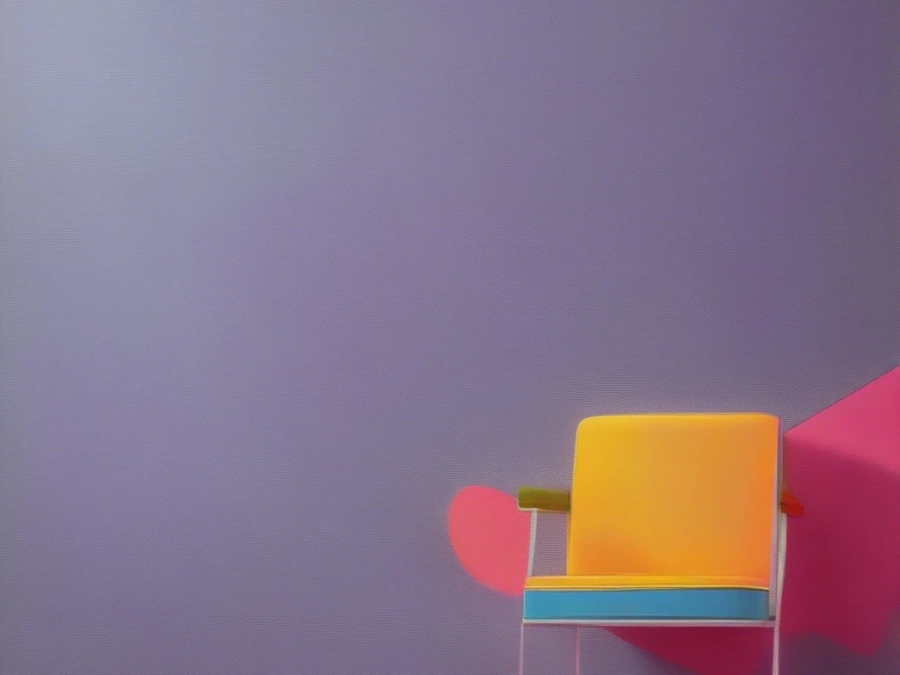
Embracing Minimalism: Quality Over Quantity for a Fulfilling Life
May 7, 2024
Finding Freedom Through Less
In a world that constantly bombards us with messages to consume, to acquire more, and to constantly upgrade, the philosophy of minimalism comes as a refreshing counter-narrative. Minimalism, at its core, is not merely about owning fewer possessions or decluttering our physical spaces; it's a deliberate choice to focus on what truly matters and to find contentment in simplicity.
"The things you own end up owning you. It's only after you lose everything that you're free to do anything." This quote, attributed to the character Tyler Durden from the movie Fight Club, encapsulates the spirit of minimalism. It's a reminder that our possessions can exert a subtle but significant influence on our lives, often dictating our priorities and consuming our time as well as mental and physical energy.
The Roots of Minimalist Living
To understand the roots of minimalism, we can look back to various cultural and philosophical movements throughout history. From the ancient Stoics who advocated for simplicity and self-restraint to the mid-20th-century Minimalist art movement that emphasized stripping down artistic expression to its essential elements, the concept of minimalism has manifested in various forms across different periods in time.
However, it was in the late 20th and early 21st centuries that minimalism gained traction as a lifestyle choice, spurred in part by the writings of authors like Joshua Fields Millburn and Ryan Nicodemus, known as The Minimalists. Through their books, blog, and documentary, they popularized the idea of living with less and focusing on experiences rather than material possessions.
The Science Behind Minimalism
But beyond philosophical underpinnings and personal anecdotes, what does science have to say about the benefits of embracing minimalism? Research from the University of Texas at Austin, led by Amit Kumar, along with co-authors Matthew Killingsworth from the University of Pennsylvania and Thomas Gilovich from Cornell University, demonstrates that investing in experiences over material possessions leads to greater in-the-moment happiness.
In their study published in the Journal of Experimental Social Psychology, researchers found that individuals who made experiential purchases reported higher levels of happiness compared to those who bought material items, regardless of the cost. This effect held true before, during, and after consumption, suggesting that experiences offer enduring satisfaction beyond the fleeting appeal of material possessions. By prioritizing experiences, we can enhance our well-being and cultivate a more fulfilling life.
Moreover, cluttered environments have been linked to increased stress and anxiety. A study conducted at the Princeton University Neuroscience Institute found that visual clutter competes for our attention, leading to decreased focus and productivity. By decluttering our physical spaces and simplifying our surroundings, we can create a sense of calm and promote mental clarity.
Beyond Physical Possessions
Minimalism also extends beyond material possessions to encompass other aspects of life, including relationships, commitments, and digital clutter. By cultivating meaningful connections and prioritizing activities that align with our values and goals, we can avoid the overwhelm that often accompanies a busy and cluttered lifestyle.
Quality over quantity is a mantra that resonates deeply with minimalists. Instead of chasing after an endless array of possessions or experiences, they focus on acquiring items of enduring value and significance. This shift in mindset encourages mindfulness in consumption, prompting us to consider the long-term impact of our choices on both ourselves and the planet.
When we prioritize quality over quantity, we invest in items that bring genuine joy and utility into our lives, rather than succumbing to the fleeting allure of consumerism. Whether it's a well-crafted piece of furniture that enhances our living space or a beloved book that enriches our minds, each possession holds meaning and purpose.
Finding True Fulfillment
In embracing minimalism, we confront the pervasive myth that happiness is synonymous with material abundance. Instead, we discover that true fulfillment arises from within-from cultivating meaningful relationships, pursuing our passions, and living in alignment with our values.
But let's be clear: minimalism is not about deprivation or nonindulgence. It's about intentional living and making choices that enrich our lives rather than act as distractions from a truly abundant life. In a culture that often equates success with accumulation, embracing minimalism requires courage and conviction. It means swimming against the tide of consumerism and redefining our notions of prosperity and progress. Yet, in doing so, we reclaim our autonomy and rediscover the joy of living with intention and purpose.
Starting Your Minimalist Journey

So, how can we start incorporating minimalism into our own lives? It begins with a willingness to question our consumption habits and to reassess the true sources of our happiness. Whether it's simplifying our schedules, limiting digital distractions, or holding an estate sale to get rid of excess accumulation, every small step towards minimalism brings us closer to a life of greater meaning and fulfillment.






